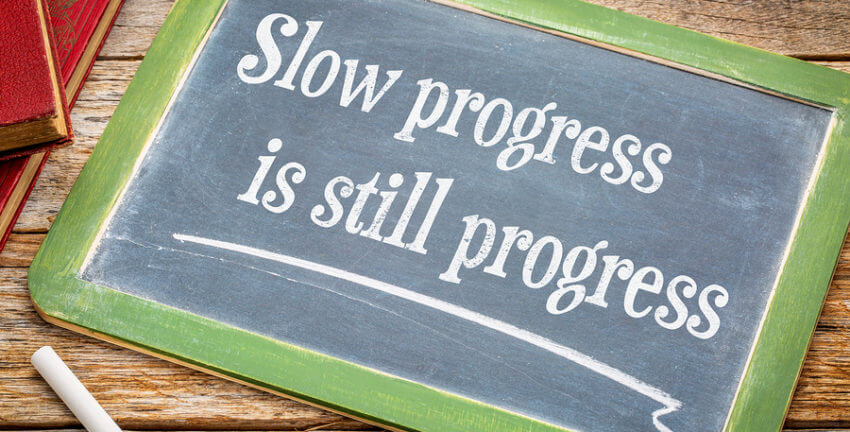The BALM Blog
See all postsIs Treatment the End or the Beginning?

When you studied Principle 2 in the BALM, did it hit you the way its ideas hit me?
I had always thought treatment was the be all and end all. That if we could get a loved one into treatment or into AA, all would suddenly be well. And then I was introduced to the Stages of Change model (developed by Prochaska and DiClemente) that we include in the BALM.
When I really got it that change happens over time, everything changed in my inner world. Suddenly I realized that I could have an impact as a family recovery coach not by telling my family clients to demand change from their loved ones, but by teaching them how to engage their loved ones in motivational conversations that would empower the struggling loved one to find their own path, with input, not coercion or control. On that basis, I began helping families learn to maintain a loving relationship with their struggling loved ones along the path to getting into recovery.
I also realized at that time that treatment is a beginning, not an end point. Before that, like so many people, I truly believed treatment would solve everything. How disappointing re-occurrence of use is after treatment if it doesn’t solve the problem. But if it is seen as part of the journey, rather than an endpoint, there is more conversation for the family to have with the loved one, more opportunity to be on the same team with the loved one as they assess where they are.
I hear your voices responding to what I just said. The danger of relapse after treatment for opioid addicts can be fatal. Can we spend time in conversation when every conversation could be the last one?
My answer is that there must be. And that the conversations anticipating varying stages of change upon leaving treatment need to be had well before treatment begins, or at least during treatment.
Let’s make space for a conversation about making sure that length of treatment is expanded in order to insure more clean time before having to face the world.
Let’s make space to discuss medically assisted treatment, making sure it is offered when appropriate and necessary, and not when it isn’t.
Let’s make space to discuss long-term monitoring and supervision and coaching for loved ones to give them the best chance to get through the first five, yes, I said five, years. This is what pilots and doctors get. Are other loved one’s lives less important? Not to their families. Not to the community of people in recovery.
We address this of course as coaches and educators every day with our families and clients, and advocates address this with legislatures and others with the power to make change happen on a societal level.
Change happens in stages. It is not a one-shot deal. It often requires medical help along with a variety of coaching, education, mutual support, therapy, and other input.
And it can all start with the family!
Where are you in YOUR stage of change? Take a look at the Stages of Change for Families on pages 95-102 of our book BALM the Loving Path to Family Recovery to see where you are in your process of understanding and acting on your role of a contributor to recovery rather than a contributor to the active use disorder.
By the way, on Wednesday, February 28, at 8 PM ET, we will meet on a webinar to learn more about how the Loving Path works. The topic: How to Achieve Your Attitudinal Shift with the BALM 12 Principles. Click here to register for the webinar. Hope to see you then!
Love,
Bev
If you would like to learn more about the BALM Comprehensive Family Recovery Education Program CLICK HERE

